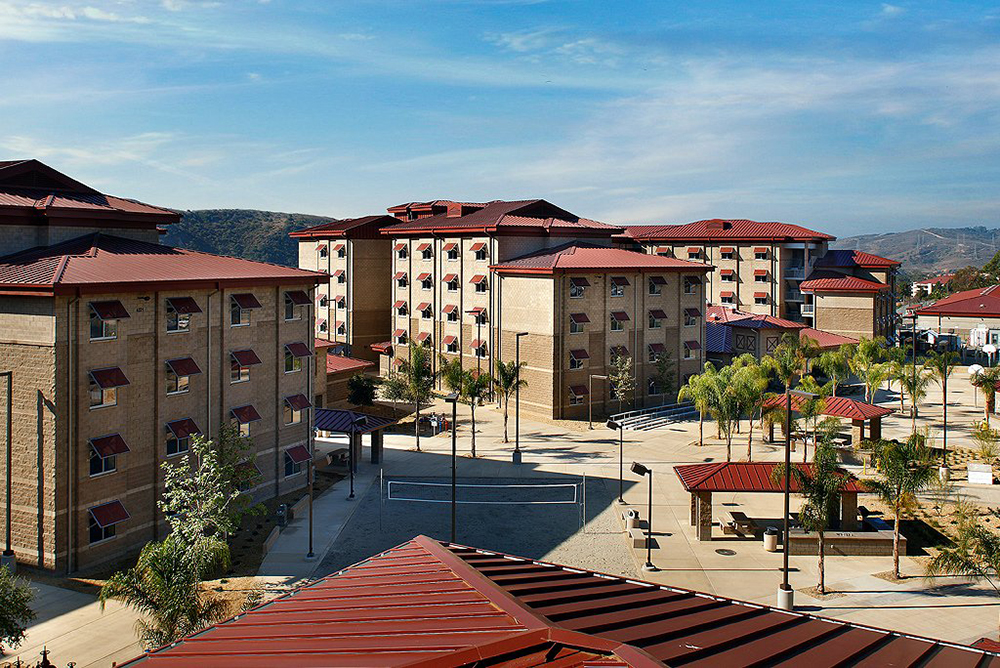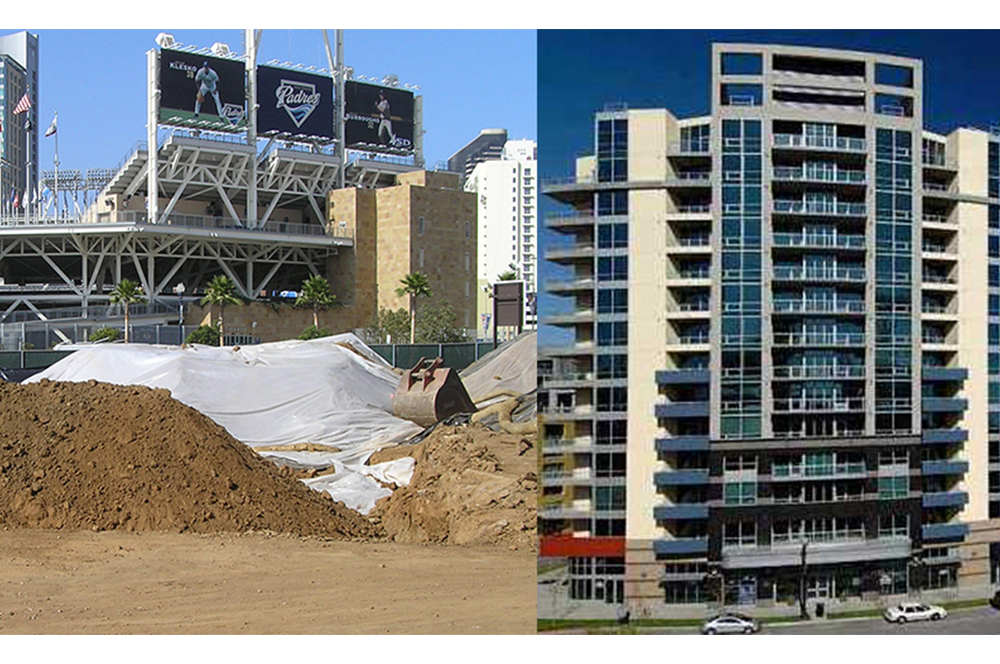The Project.
Base housing is an essential part of the armed forces and its personnel’s quality of life. The new Bachelor Enlisted Quarters replaced housing that did not meet Defense Department established guidelines and goals. For the $104-million design-build project, Leighton provided geotechnical and environmental consulting services. In the San Onofre Area (52 Area), the new BEQs include 14 four-story living unit clusters. The San Mateo Area (62 Area) project includes several multi-story buildings for a total of 541 new living units.
Client:
Turner Construction Company
Location:
San Diego County, CA
Services:
- Environmental
- Geotechnical
Project Fact:
Camp Pendleton provides more than 7,000 housing units on base.
The Leighton Solution.
Leighton’s integrated environmental and geotechnical expertise was valuable in the collaboration with the design-build team during proposal development, continuing through the preliminary planning and design process. Recognizing the importance of fact-based decisions and the potential impact to schedules and budgets during construction, recommendations based on specific knowledge of the site conditions were expedited to allow conceptual design development and cost estimates to proceed.
Concurrent to the environmental services, Leighton conducted a full-scale geotechnical field investigation for design development. With input from the design team on the proposed site plan, we proceeded with locating existing underground utilities, coordinating with base personnel, and advancing exploratory borings, cone penetrometer tests, and test pits to evaluate the subsurface conditions. This work was planned to derive final foundation recommendations for each structure and continue the rapid forward pace of the design-build process. Environmental screening of the soils encountered in the field during the geotechnical investigation was also performed with localized areas identified that would require future treatment. Because the geotechnical and environmental staff worked together, the work was performed without interruption.
With the project budget and schedule being a critical factor, geotechnical laboratory testing was accelerated to be able to finalize geotechnical design recommendations as soon as possible. Leighton’s team approach provided immediate and innovative solutions for challenging on-site issues and impacts to the proposed design.
Following abatement and during demolition activities, previously undisclosed underground storage tanks, oil water separators and contaminated soils were discovered. Upon discovery, Leighton immediately mobilized to observe, document, and collect samples of the tank’s contents and potentially impacted soils in the surrounding areas. Laboratory results and appropriate disposal options were conveyed to the Design-Build Team and the ROICC quickly, allowing for the seamless removal of these features with minimal disruption of demolition activities.




